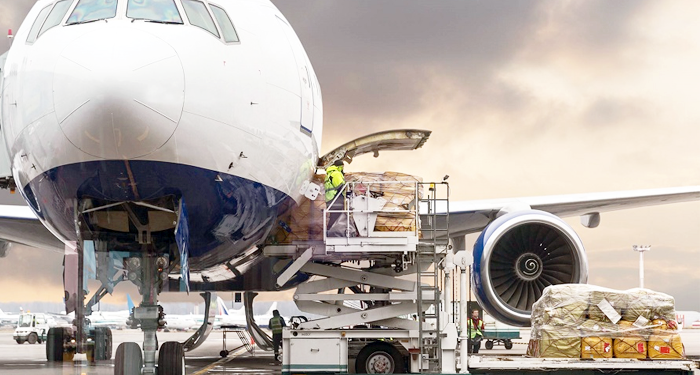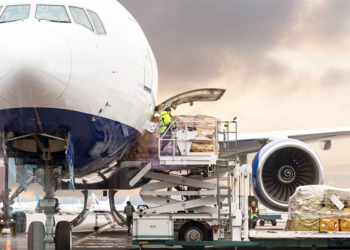African airlines increased cargo capacity by 6.2% year‑on‑year in June 2025, even as demand for freight on the continent fell by 3.9%, according to the latest global air cargo data released by the International Air Transport Association (IATA).
The June 2025 report showed that this mismatch between growing capacity and weakening demand was not unique to Africa.
Across all markets, cargo demand measured in cargo tonne‑kilometers grew by only 0.8% compared to June 2024, while capacity, expressed in available cargo tonne‑kilometers, rose by 1.7%. For international operations alone, demand was up 1.6% and capacity increased 2.8%.
“Total demand, measured in cargo tonne-kilometers (CTK), rose by 0.8% compared to June 2024 levels (1.6% for international operations).
“Capacity, measured in available cargo tonne-kilometers (ACTK), increased by 1.7% compared to June 2024 (2.8% for international operations),” the IATA report read in part.
It added, “African airlines saw a 3.9% year-on-year decrease in demand for air cargo in June. Capacity increased by 6.2% year-on-year.”
IATA linked the modest growth to trade tensions, new US tariff policies, and the impact of conflict in the Middle East. These factors weighed on some long‑haul trade lanes, particularly those to and from North America and parts of Asia, while routes within Europe and between Europe and the Middle East showed more resilience.
More insights
Performance varied sharply by region. Asia‑Pacific carriers led the market with a 9% rise in demand and a 7.8% capacity increase. Latin American airlines followed with 3.5% growth despite a 0.4% reduction in capacity. Europe posted 0.8% demand growth alongside a 2.6% capacity increase.
- North American carriers recorded the steepest decline, with demand down 8.3% and capacity falling 5.1%. The Middle East reported a 3.2% drop in demand, even as capacity grew by 1.5%. African airlines posted the second‑largest decline in demand after North America, but at the same time, recorded the fastest capacity growth among all regions.
- Beyond cargo volumes, the report noted that world industrial production increased by 3.2% year‑on‑year in May, and global goods trade grew by 5%. Jet fuel prices in June were 12% lower than a year earlier but 8.6% higher than May levels.
Manufacturing activity also strengthened, with the global purchasing managers’ index rising to 51.2, although new export orders remained in contraction at 49.3.
IATA said that while economic indicators point to a gradual recovery, persistent uncertainty around trade policies, tariffs, and geopolitical risks continues to create uneven outcomes in global air cargo markets.























I need to grow my business and build the nation